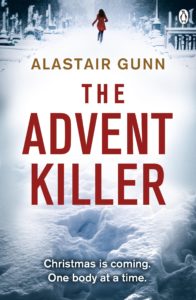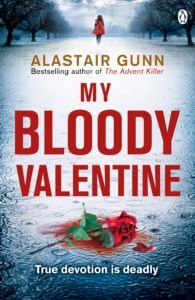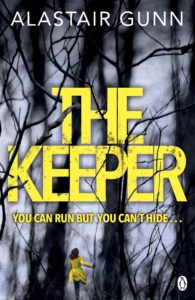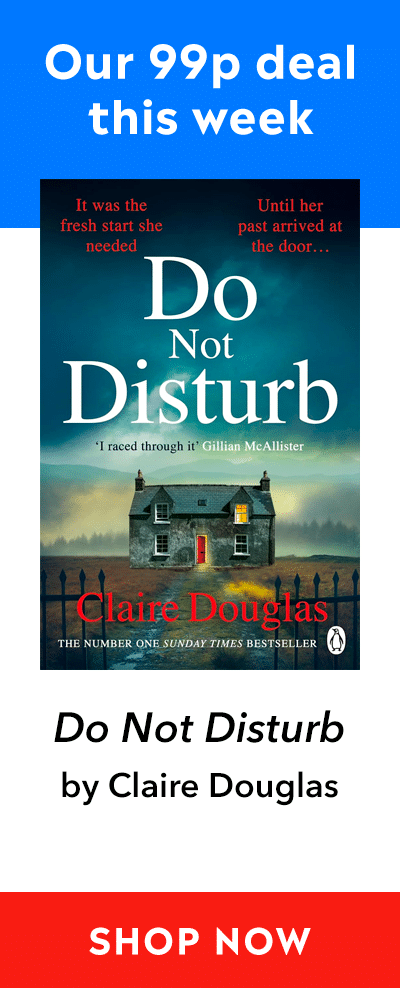Books
Alastair Gunn: research secrets
I once heard a proverb about a wise man who spends a decade writing his memoirs, perfecting every detail. But just before the book goes to press, he realises he isn’t the same man he was when he began, so he starts again, and spends another ten years re-writing the entire text, again making sure that every detail is exact. Except, just before the revised book is published, he realises he is no longer the person he was. So he starts again.
I’ve remembered the story ever since, because its message is simple: know when to stop. And that’s the question I now ask whenever I’m about to embark on writing something new – not how much research should I do for this project; but how much research do I need?
 My first caveat is that an insufficiently-researched novel will be obvious to even the most forgiving reader. Granted, we’re talking about fiction, where pathological levels of accuracy aren’t always called for, but plausibility is a must if you want to hold the attention of your audience. So you have to do some research.
My first caveat is that an insufficiently-researched novel will be obvious to even the most forgiving reader. Granted, we’re talking about fiction, where pathological levels of accuracy aren’t always called for, but plausibility is a must if you want to hold the attention of your audience. So you have to do some research.
But you must also account for certain inescapable realities, like time. Many serving authors, including myself, still have full time jobs outside of writing (while we wait for our Harry Potter / Da Vinci Code breakthrough moments). The problem is that every hour you spend doing research is an hour you aren’t writing, and when you have limited time and opportunities to do either, it’s a constant battle. Which means the primary skill of research seems to be doing it as quickly as possible, without damaging the quality of your work.
Do enough, but don’t miss your deadline.
Complicating matters slightly further – for me, anyway – is the fact that I don’t (often) enjoy doing research. I know many people consider fact-finding and investigation great fun, but I’d much rather be writing, so to me it’s homework: a necessary part of creating authentic and believable fiction.
Partly my dislike stems from the fact that research is like the raw footage for a feature film; you don’t see most of it in the final cut, even if it’s really good. But the undercurrent created by doing all that groundwork is what gives the finished version unquantifiable authenticity. A single sentence spoken by a well-researched character will carry the full weight of that foundation. A lazily-conceived stooge, however fleeting their appearance, saps your credibility.
 I’ve also come to appreciate the power of fresh information. For example, another person’s first-hand account of something, be it fleeting experience or life-changing event, will offer unparalleled insight. I try to access the unique perspective offered by others whenever I’m introducing new characters. And if you can’t meet them in person, written or recorded descriptions – like the humble blog – make sufficient backups.
I’ve also come to appreciate the power of fresh information. For example, another person’s first-hand account of something, be it fleeting experience or life-changing event, will offer unparalleled insight. I try to access the unique perspective offered by others whenever I’m introducing new characters. And if you can’t meet them in person, written or recorded descriptions – like the humble blog – make sufficient backups.
But as I said, there’s no substitute for the real thing. When it comes to people or locations, you’ll always get more from visiting the place in question, or from talking to someone face to face, than you could ever hope to conjure from nothing. Mannerisms, inflections, ambience, sounds: being there with an open mind will highlight things you could never have imagined. It’s an individual’s perception of something that makes his or her writing unique, and whenever you experience something for the first time, the result is always richer for it.
Plus, you never know what good fortune might come your way. When writing my first novel, I visited St James’ Park in London to research the main chase scene. I wanted the pursuit to start in a residential street before moving through the park and onto The Mall, but I couldn’t find a route that worked in real-time. I was standing at a pedestrian crossing on the north side, frustratedly staring at a map when a stranger, clearly mistaking me for a tourist, asked if I needed help. I explained that I wasn’t lost, but I was looking for a convenient escape route for my fictional murderer, expecting him to shrug and disappear into the crowd. ‘Oh, I can help you there’, came his unexpected reply, ‘follow me’. And off he marched, leading me through the park to the south east corner, where he pointed to a small alleyway running between the buildings. I thanked him and wandered through to emerge in Old Queen Street, a row of private houses exactly as I had imagined, and where the finished chase scene begins.
 Obviously everyone has their own limitations when it comes to research time, and unless you’re very lucky, you won’t be able to visit every setting in your novel. Which is where technology comes in. Interactive street-level mapping, such as the service offered by Google’s Street Map, is a fantastic tool for exploring large areas, bypassing the time and financial implications of doing it in person. I found the locations for several of my city-based chase scenes this way.
Obviously everyone has their own limitations when it comes to research time, and unless you’re very lucky, you won’t be able to visit every setting in your novel. Which is where technology comes in. Interactive street-level mapping, such as the service offered by Google’s Street Map, is a fantastic tool for exploring large areas, bypassing the time and financial implications of doing it in person. I found the locations for several of my city-based chase scenes this way.
Technology helps in more subtle ways, too. With a smart phone in your pocket, research opportunities are everywhere, so just about any spare time can be useful. Waiting for a train, having a lie in, even queueing for a coffee; anywhere you have an Internet connection is valuable. I tend to clip information and email it to myself for later use (which I also find an excellent way to remember ideas that occur at pen and paper-less moments).
But perhaps the hardest part of researching a novel is when the concept comes first. You have the idea for a plot, perhaps with a devilish twist, and in order to turn said idea into a finished story, you need to ground it (to some degree, at least) in reality. You start in earnest, learning all about the elements necessary to bring your idea to life. At this point, your research will often begin leading you in a direction, which is great if it supports your concept, but if not, this is where you need to be careful. Beware trying to make the facts fit at any cost. Research that’s been pruned and pummelled to facilitate an idea is just as obvious as no research at all, so don’t fight the tide when it’s telling you to reassess your plans. In the end, it comes down to trusting your instincts. You’ll know what fits.
And when to stop.



Please note: Moderation is enabled and may delay your comment being posted. There is no need to resubmit your comment. By posting a comment you are agreeing to the website Terms of Use.